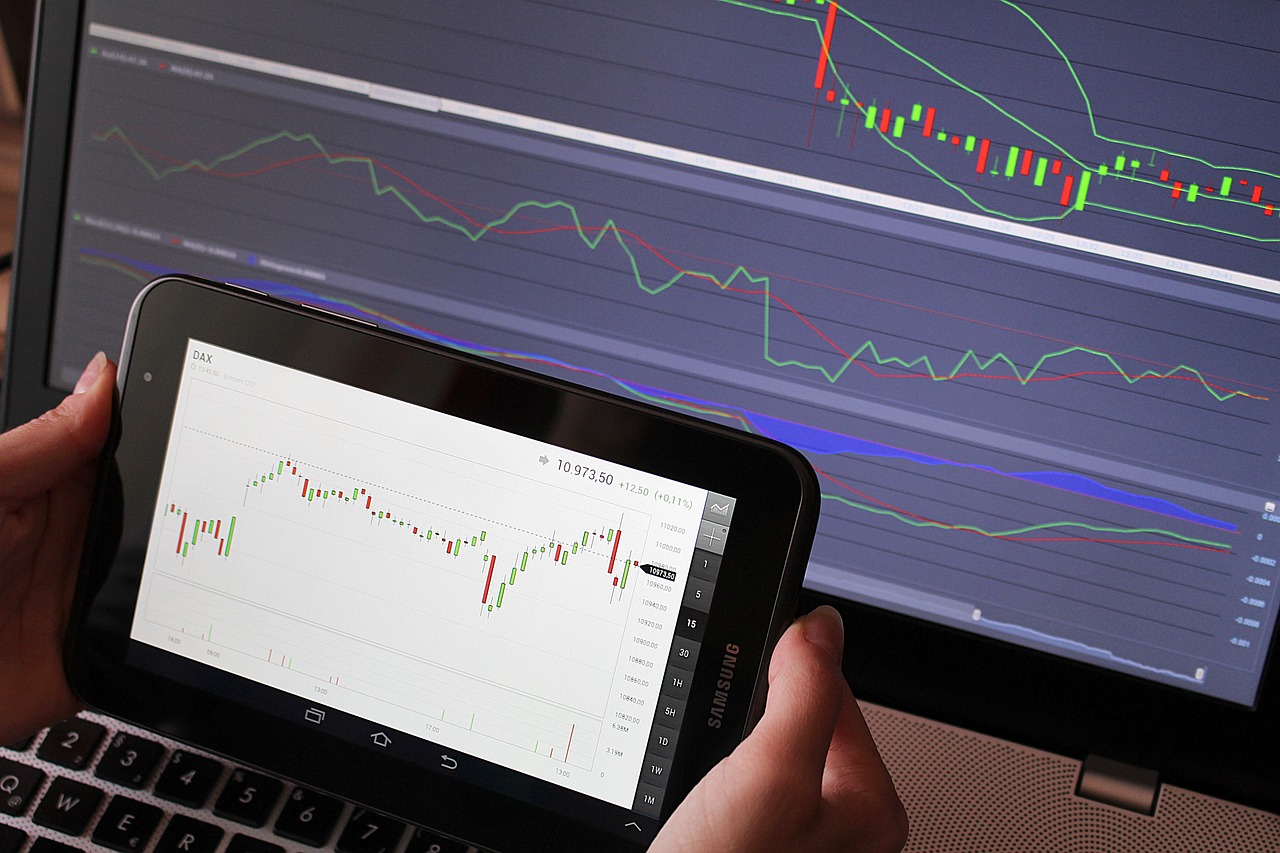Table of Contents
Navigating the vast and exciting world of Forex trading can be both rewarding and challenging. This comprehensive guide delves into the essentials of Forex trading, providing the necessary tools and insights to achieve success in the global currency arena.
• Understanding the Basics of Forex Trading
Forex, short for foreign exchange, is the marketplace where currencies are traded. It’s the largest and most liquid financial market globally, with daily transactions exceeding $6 trillion. Unlike stock markets, Forex operates 24 hours a day, five days a week, allowing for continuous opportunities to trade. To get started, one must understand the key terminology of Forex trading like “currency pairs”, “pip”, “leverage”, and “spread”. Currency pairs compare the value of one currency to another, trading in pairs like EUR/USD or GBP/JPY, and a pip represents the smallest price move. Leverage allows traders to control larger positions with a smaller capital, amplifying both potential profits and losses. Spreads are the differences between the bid (buy) and ask (sell) prices, which constitute transaction costs. By grasping these fundamental terms, new traders can comfortably engage with the Forex market.
• Choosing the Right Forex Broker
Selecting the right broker is crucial to your trading success. A good broker provides a reliable trading platform, competitive spreads, and robust regulatory oversight, ensuring the safety of your funds. Begin by researching reviews and ratings from current traders to gauge the broker’s reputation. Key features to consider include customer support quality, ease of fund withdrawal, and the variety of available trading instruments. Also, check if the broker offers a demo account, allowing you to practice trading without risking real money. Regulatory bodies such as the CFTC and NFA in the United States, FCA in the UK, and ASIC in Australia provide guidelines and protections for traders. Ensuring your broker is regulated by a reputable authority can significantly reduce the risks involved in Forex trading.
• Developing a Winning Strategy
Creating a robust trading strategy is vital for long-term success. This involves setting clear goals, establishing risk management principles, and selecting appropriate trading tools and techniques. Start by determining your risk tolerance and financial goals. Are you trading to supplement your income, or are you aiming for full-time trading? Your risk tolerance will influence the development of your strategy. Utilize tools like technical analysis, which examines past market data to forecast future price movements, and fundamental analysis, focused on economic indicators such as interest rates, employment figures, and geopolitical events. A blend of both analyses often provides a balanced approach. Paper trading, or trading on a demo account, is another invaluable method to test out your strategies without financial risk. Remember, discipline and patience are as essential as technical know-how in refining your trading strategy.
• Risk Management and Psychological Discipline
Risk management is about minimizing potential losses while maximizing potential gains. Effective techniques include setting stop-loss orders, which automatically close a trade at a predetermined loss level, and take-profit orders, which lock in profits when a certain profit level is achieved. Additionally, never risking more than a small percentage of your trading capital on a single trade helps in preserving your capital. Psychological discipline plays an equally pivotal role. Trading can evoke strong emotions like greed, fear, and euphoria, which can cloud judgment and lead to poor decision-making. Developing a trading plan and adhering to it diligently can mitigate emotional influences. Journaling your trades to review and learn from both successes and mistakes also sharpens your psychological resilience. Remember, consistency and patience are key; there will be inevitable losses, but with disciplined risk management and emotional control, you can maintain a steady trajectory toward profitability.
• The Role of Continuous Learning and Adaptation
The Forex market is dynamic, constantly influenced by a plethora of factors. Therefore, continuous learning is crucial for staying ahead. Subscribe to Forex news platforms, attend webinars, read books, and participate in online forums to keep abreast of the latest trends and market analyses. Understanding global economic indicators and geopolitical developments can provide deeper insights into currency movements. Adapting to market changes by continually refining your trading strategies is essential. While a trading plan provides a roadmap, remaining flexible allows you to respond effectively to unexpected market turns. Leveraging advanced trading tools such as algorithmic trading systems can also enhance your trading performance. These systems use pre-set algorithms to execute trades at optimal times, thereby reducing human error. Commit to ongoing education and the flexible application of knowledge to gain a strategic edge in Forex trading.
• Conclusion
Success in Forex trading isn’t achieved overnight; it requires learning, discipline, and continuous adaptation. By understanding the market basics, choosing the right broker, developing solid strategies, and employing effective risk management, you lay the foundation for profitable trading. Always remember, the key to long-term success lies in continuous learning and the ability to adapt strategies as per market conditions. Forex trading offers immense opportunities, with the right approach and mindset, you can successfully navigate this exciting financial market and potentially reap substantial rewards. Stay informed, stay disciplined, and embrace the journey of becoming a successful Forex trader.
